Executive produced by Steven Soderbergh, “The Exiles” is a documentary about shit-stirrers, activists, and the power of free speech even against an entity as silencing as the Chinese government. But the pieces almost don’t come together in this documentary from Violet Columbus and Ben Klein, causing it to nearly undermine the awe-inspiring life stories it is celebrating.
One big piece: Christine Choy, an incredibly charismatic film master and professor described as having “Tasmanian devil energy,” and clearly does. She smokes; she cusses; she upstages “Joker” director Todd Phillips, one of her old NYU students, walking into his interview early into the movie, giving us the sense that she must have been the true inspiration behind Joker. Klein and Columbus give her due tribute, talking about how she made impassioned, angry documentaries about social injustices for an industry that was predominantly white, as made apparent when she attended the 1989 Oscars when her film “Who Killed Vincent Chin?” was nominated for Best Documentary. There’s also footage of her regaling about how she once told Robert Redford, back in the early 1990s, that Sundance was super white (suggesting this might be a Sundance-friendly pick). All to say that Choy deserves a cinematic outlet, a documentary, and it becomes disorienting when “The Exiles” is not said film. This is all an introduction, even though it seems like it’s going to be the main story.
Rather, “The Exiles” is about one specific project of Choy’s that was never finished, which Choy shot after the Tiananmen Square massacre in 1989. This footage is the gateway to knowing three men—Wu’er Kaixi, Yan Jaiqi, and Wan Runnan—who have been exiled from China after participating in student-led efforts to bring democracy to China. Choy filmed them speaking at a convention in Chicago, protesting the Tiananmen Square atrocities. It changed their lives irrevocably, stripping them of their sense of home. Klein & Columbus now recast Choy as a storyteller, and capture the conversations she has with these men in the modern-day.
Once the documentary settles into this groove, of looking back at this footage and seeing how the men—older, wiser, always compelling—now feel about their activism, their identities, their sense of home, “The Exiles” becomes fascinating. And it is angry too, as it lays out clearly how China has never given a proper response or acknowledgement, or released the number of people who died during the Tiananmen massacre that had the army firing on students. But it also has Choy to celebrate, and “The Exiles” can’t quite figure out how to balance telling her own story while she guides us through those of the three men.
You can view the original article HERE.

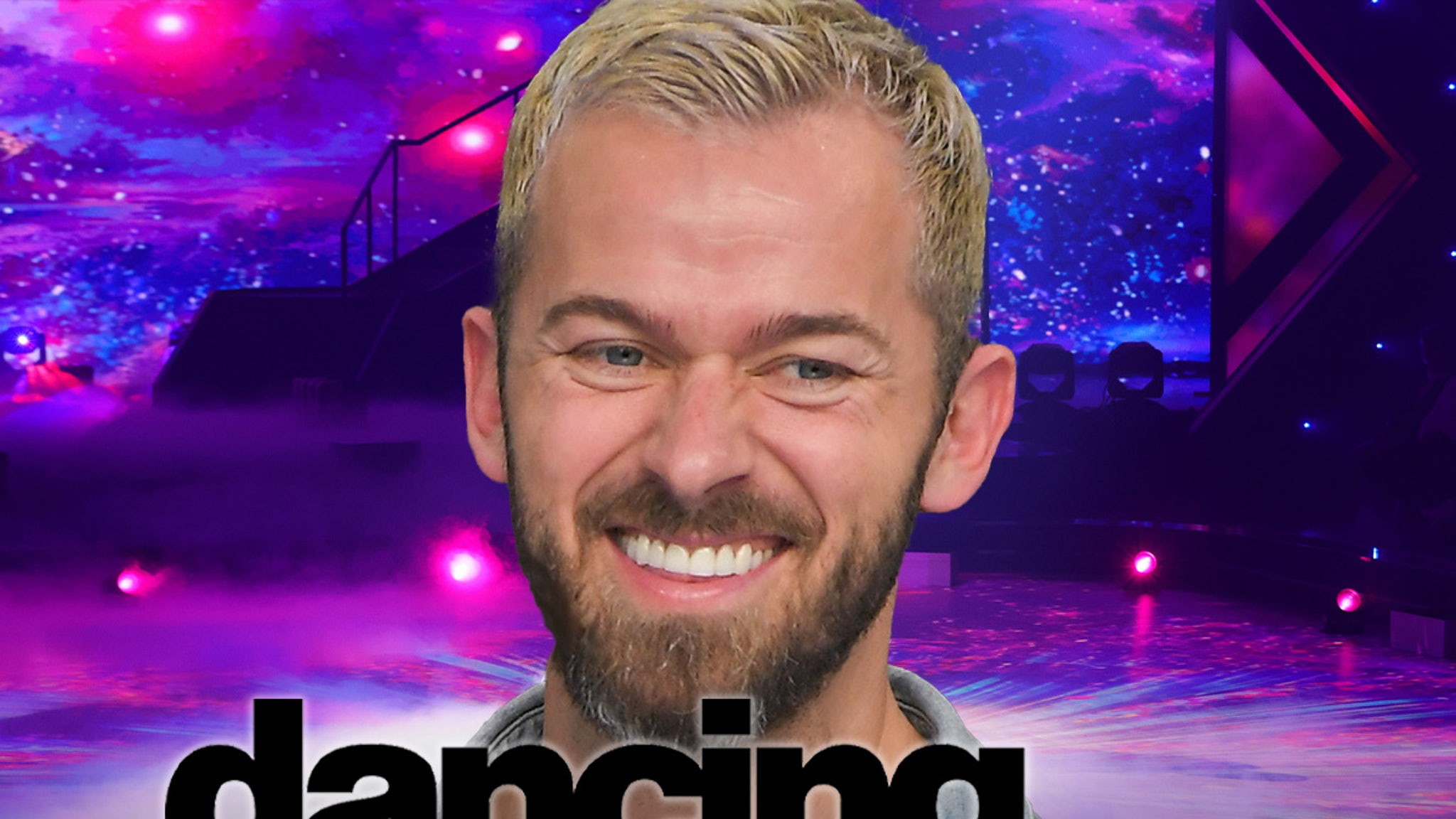

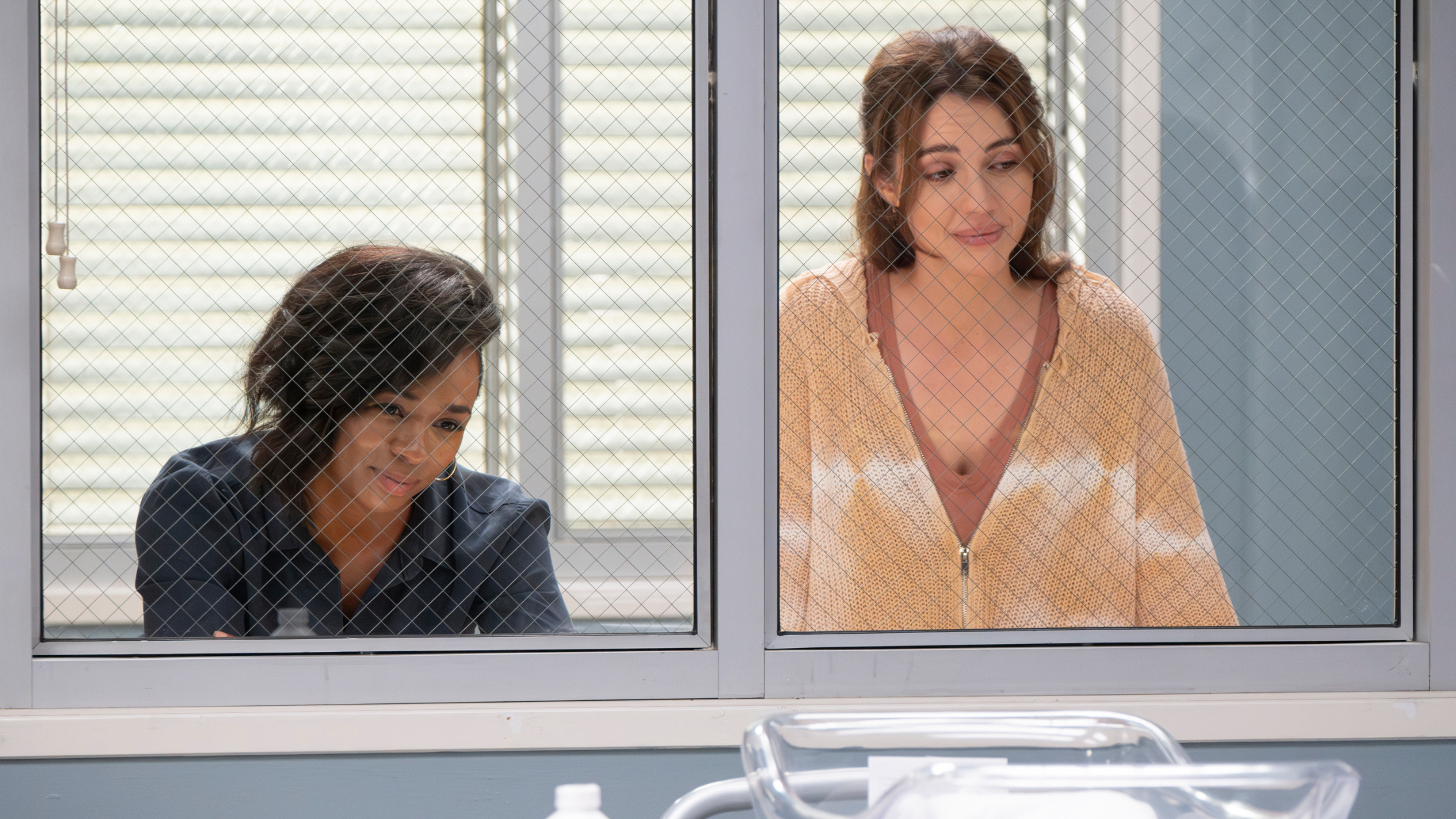

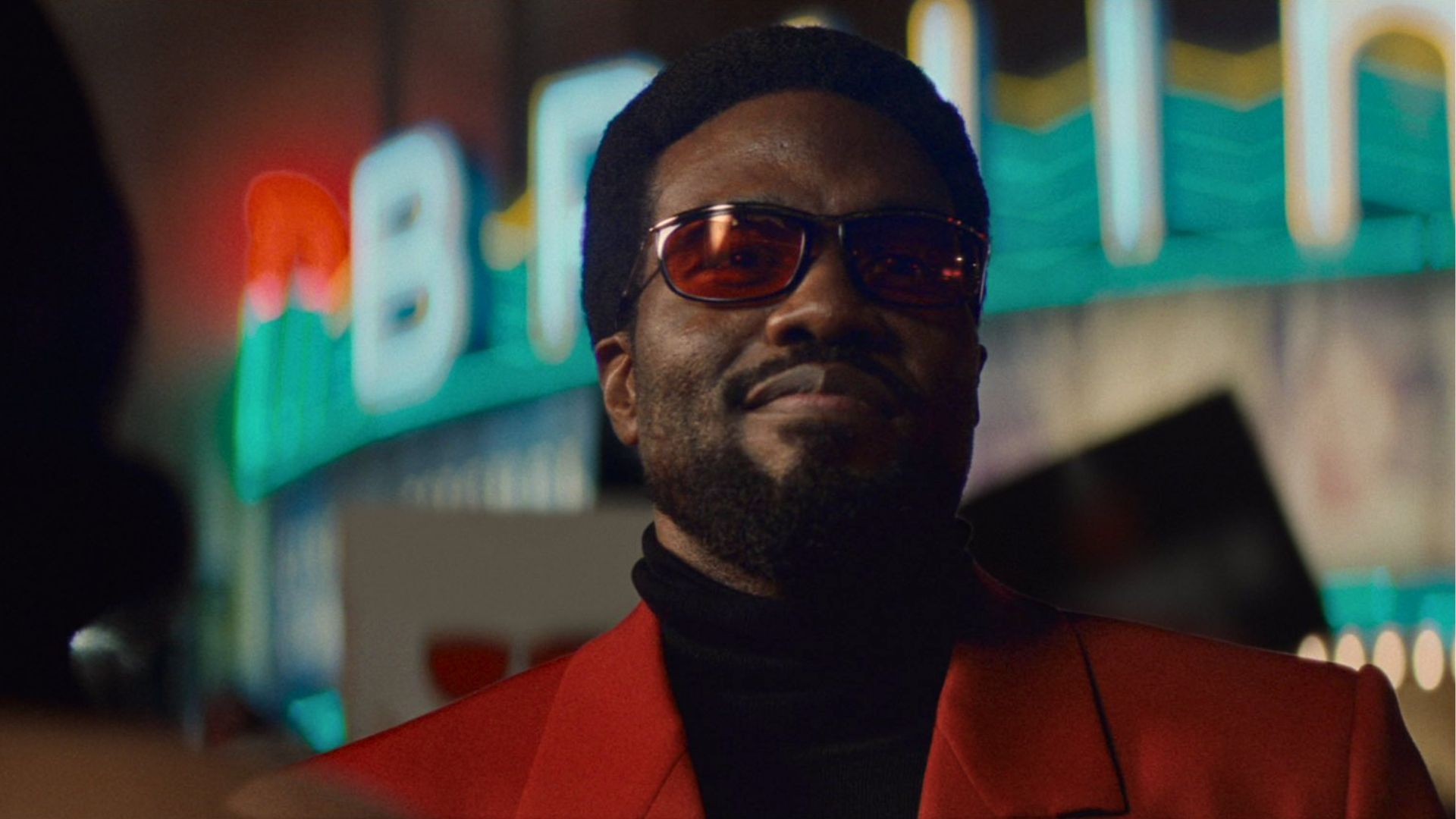




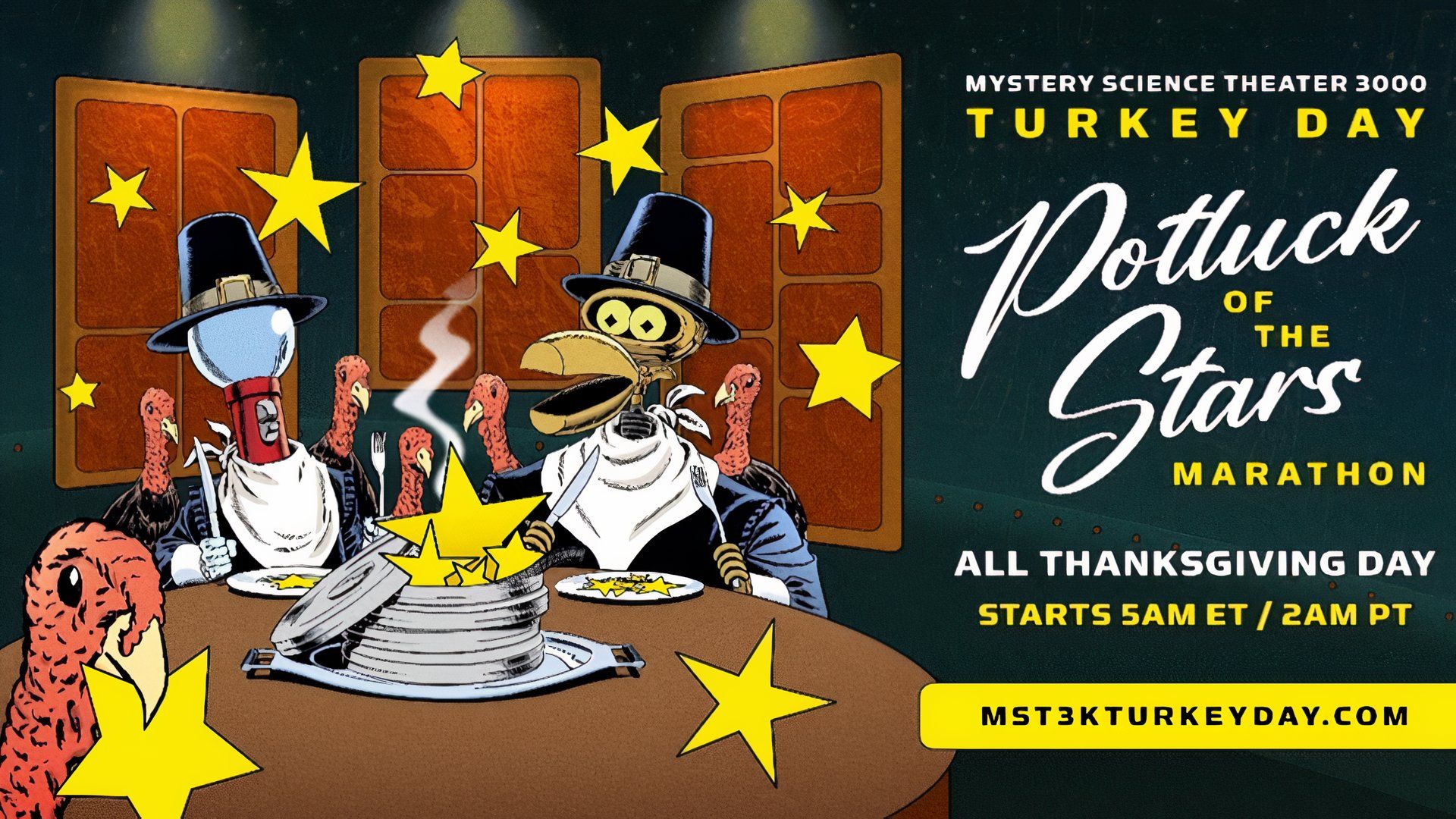



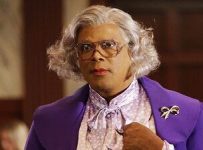
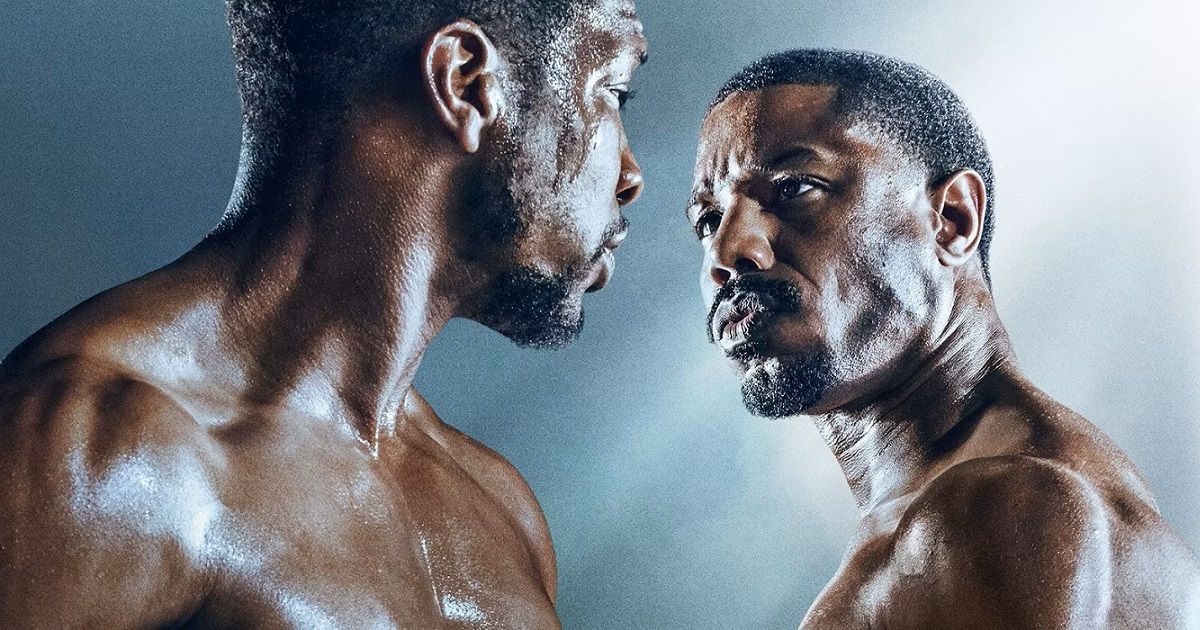
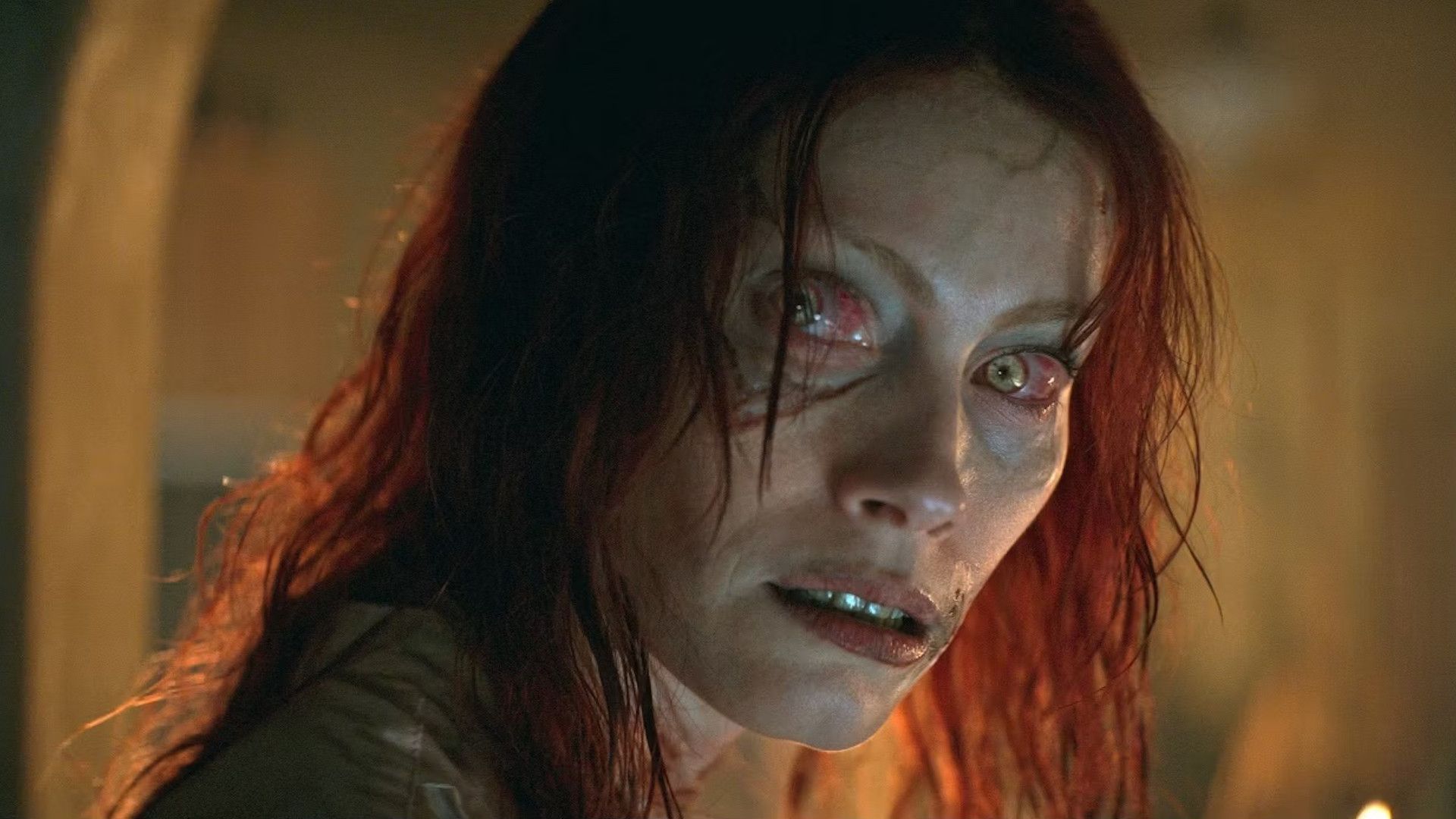


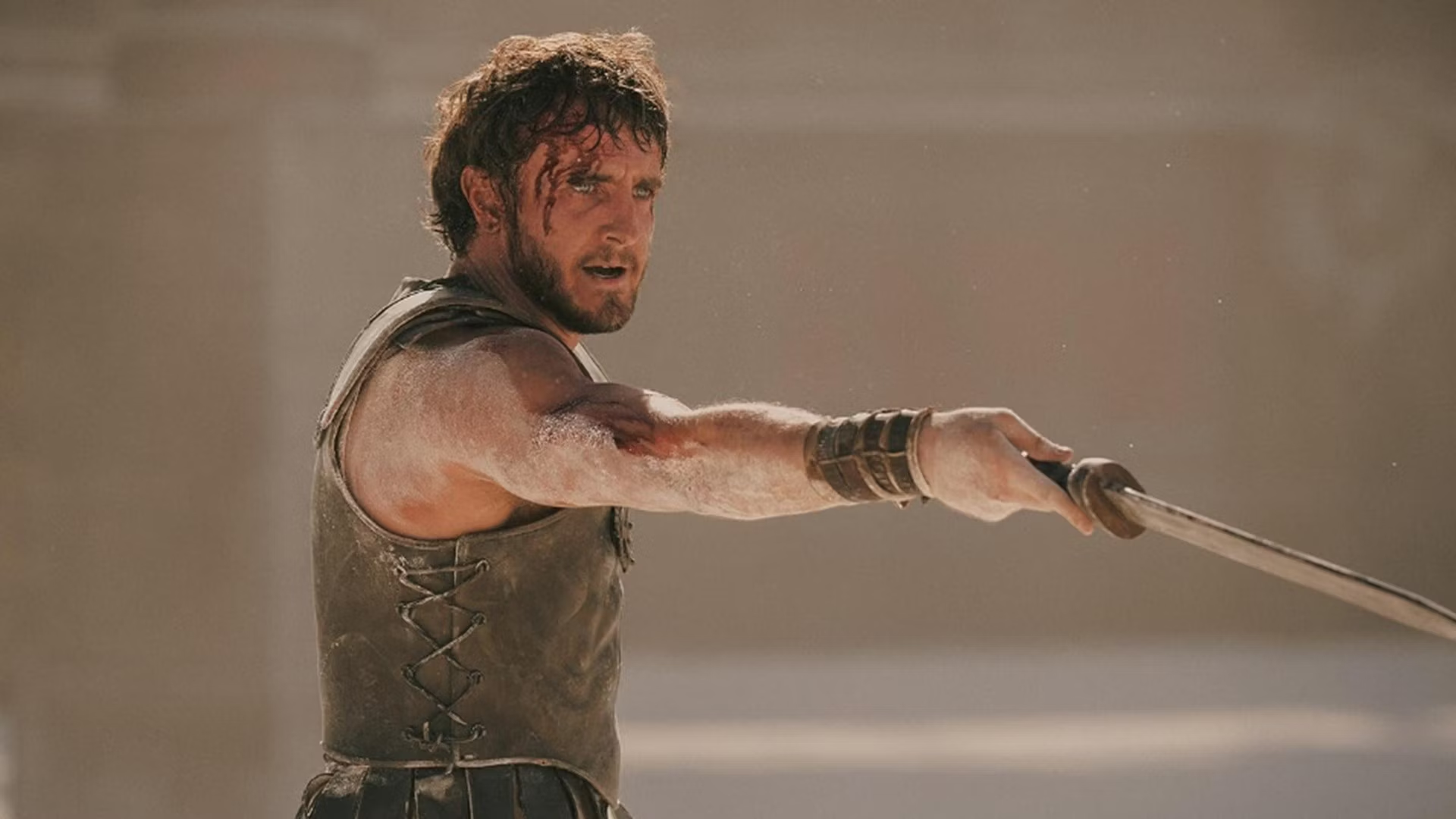





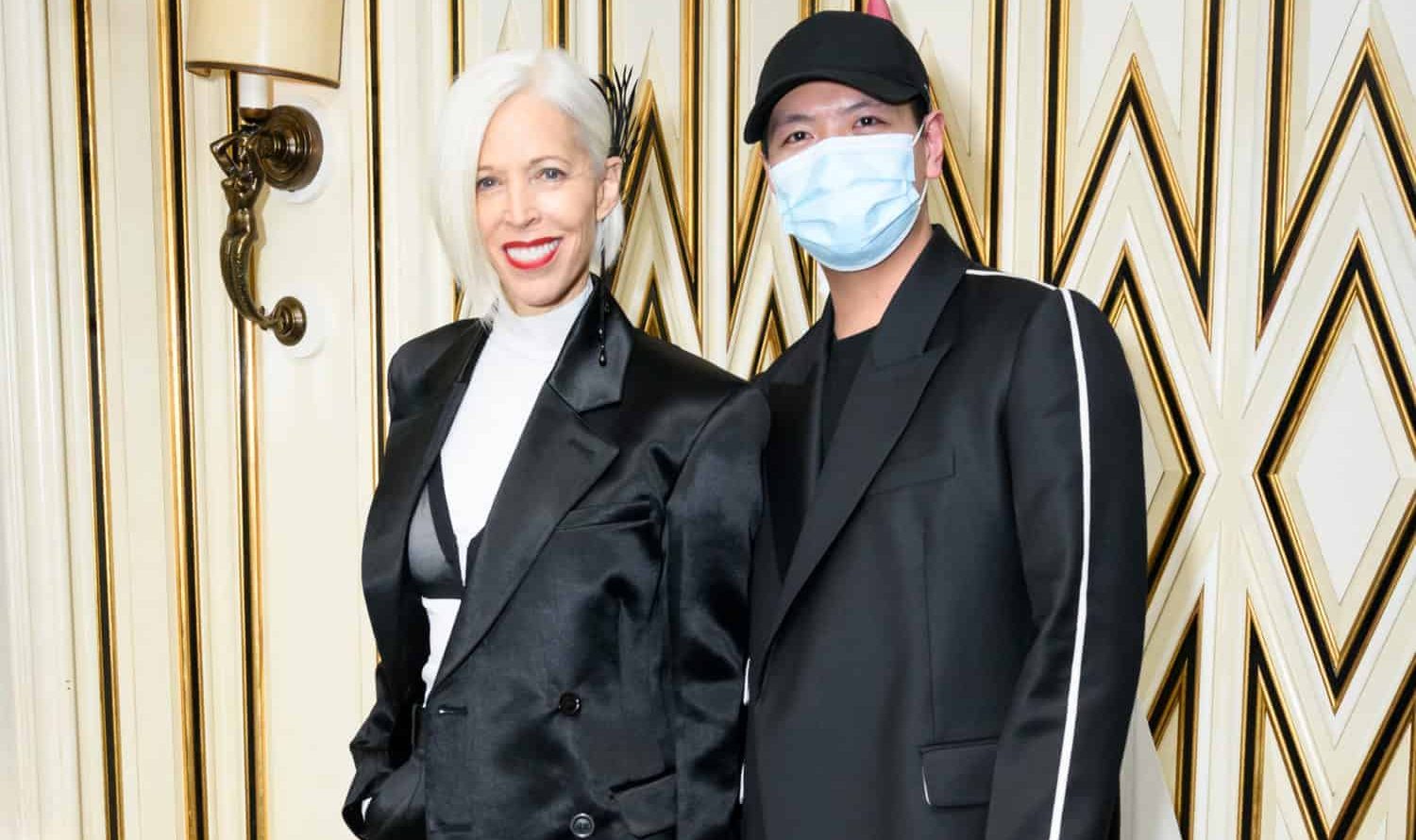

:quality(85):upscale()/2024/11/13/790/n/1922564/c0ad2b806734e8c87b1ee9.61099793_.jpg)
